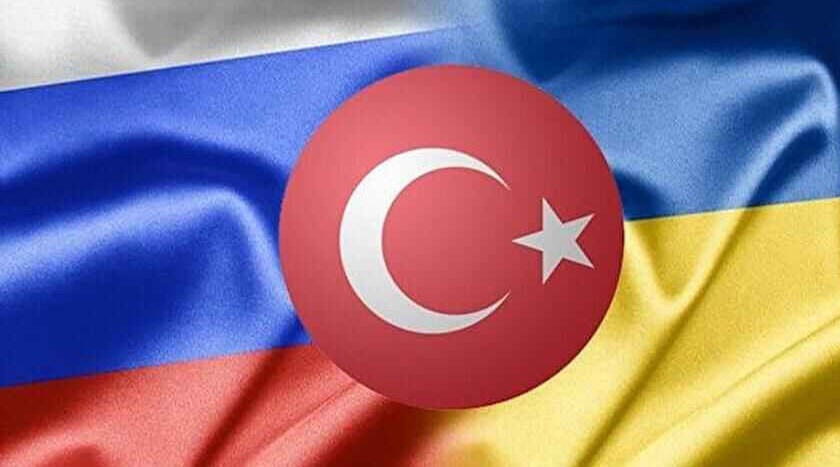Turkey to retain its stance on Montreux Convention — expert
Turkey is a country of the Black Sea region which follows the policy of regional balances

The West’s potential pressure on Turkey in order for it to change its position on the Montreux Convention which regulates maritime traffic in the Straits will be useless, Director of Turkey’s Foreign Policy Institute Huseyin Bagci told TASS on Tuesday, Qazet.az reports.
In March, Turkey closed passage through the Bosporus and the Dardanelles for warships of any country citing its right to do so within the framework of the Montreux Convention. Turkish Defense Minister Hulusi Akar repeatedly asserted that to date, not a single warship of non-adjacent countries has entered the Bosporus and Ankara supports the preservation of the existing balance in the Black Sea region.
"Putting pressure on Turkey under various pretexts is senseless and hopeless," the expert said replying to a question about possible pressure on Ankara on the part of some NATO allies who, according to media outlets, earlier have already made such attempts using the Istanbul grain talks as an excuse.
"Yes, Turkey is a NATO country but the Montreux Convention and the grain deal have nothing to do with the alliance and are not the purview of NATO. In this case, Turkey, on one hand, acts based on the authority vested in it by the Convention, on the other, [it acts] as a country of the Black Sea region which implements the policy of regional balances," the political scientist said.
He added that Turkey has special relations with Russia and Ukraine which "significantly facilitated reaching the Istanbul grain agreements." "I think, [Turkey] won’t stop with these achievements and will use its potential to attain settlement in Ukraine," the expert said.
A package of documents geared towards resolving the issue of food and fertilizer supplies on global markets was signed on July 22 in Istanbul. Under the Russia-UN memorandum, the United Nations undertakes to work toward lifting anti-Russian restrictions hampering the exports of agricultural products and fertilizers. Another document envisages a mechanism of exporting grain from Ukraine-controlled Black Sea ports. An agreement between Russia, Turkey, Ukraine and the United Nations provides for the establishment of a four-party coordination center to search ships carrying grain in order to prevent weapons smuggling and avoid any false flag. Within the framework of the implementation of the "grain deal," the first dry cargo vessel carrying corn left Odessa on August 1.
